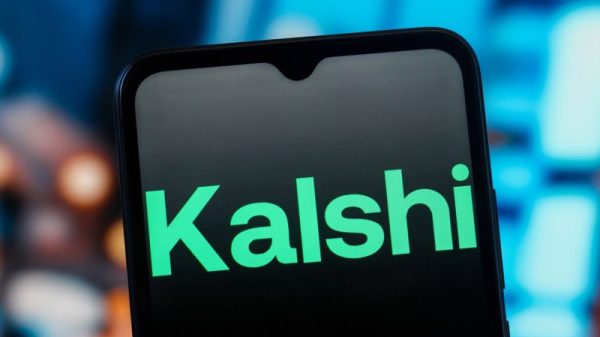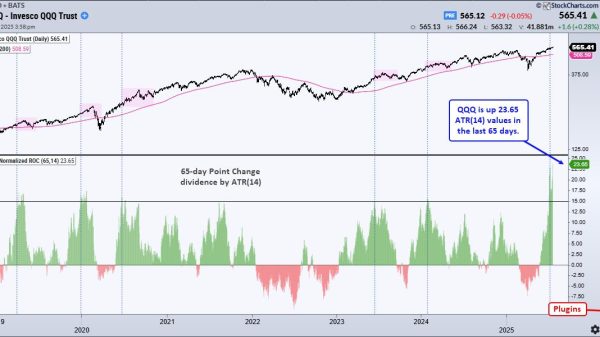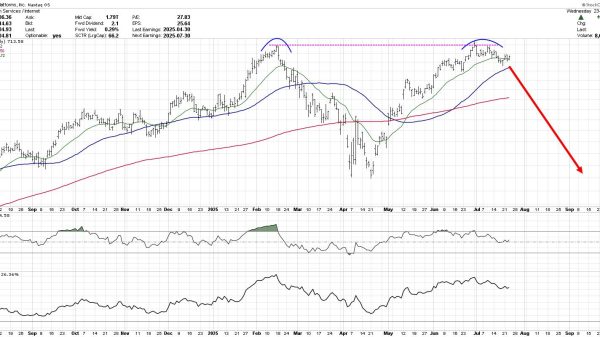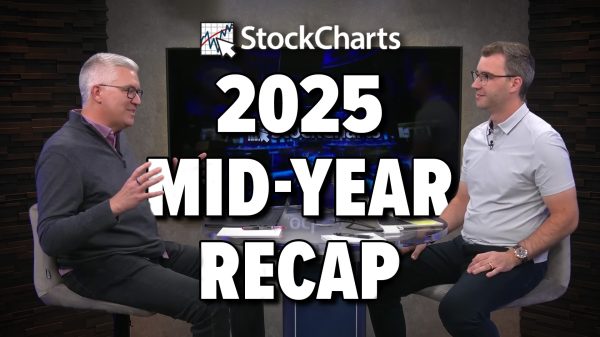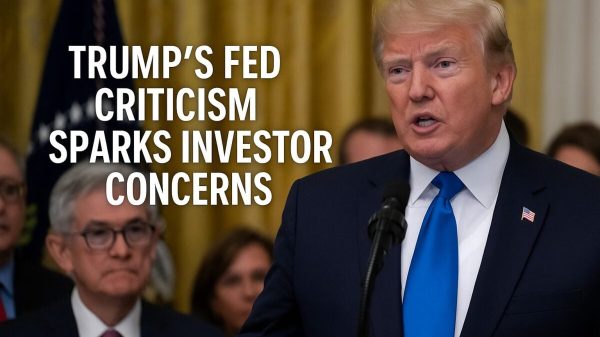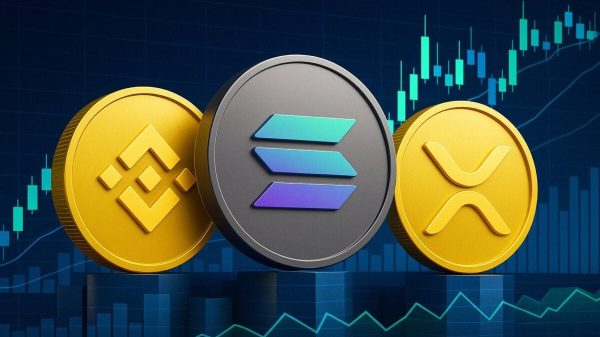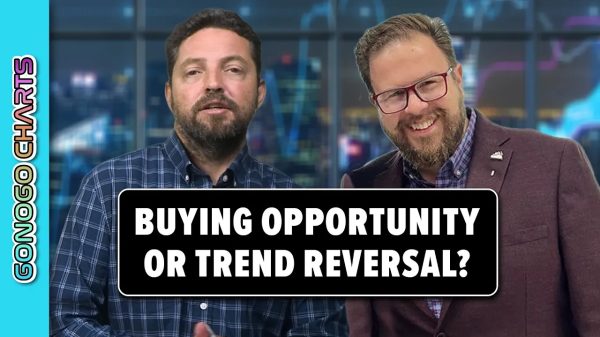
The Future of Investing: Incubator Hedge Funds Explained
Hedge funds appeared in 1949, the result of the intuition of Alfred Winslow Jones, a journalist and sociologist who dealt with finance and investments, before making a reputation with hedge funds. But did you hear about incubator hedge funds? What are they? In this article, we will see what an incubator hedge fund represents and how to set one up.
What is an incubator hedge fund?
As you already know, hedge funds, in general means protect investments against risks and insure your investments. This is precisely the goal of incubator hedge funds: to refine hedging strategies to protect start-ups from market uncertainties and risks.
An incubated fund, also called a limited distribution fund, represents a fund privately offered to investors during the incubation period. In this type of fund the investors are employees and also their family members. Furthermore, hedge funds can use these types of funds to leverage their strategies.
In general, start up managers contribute their own money. They manage the asset for up to 12 months so they can try out their investment strategies. Once it turns out to be successful, they can reach out to outside investors. If they show interest in investment, it’s time to develop the project further.
How to start a hedge fund incubator?
Incubator fund launching comprises two phases: incubation and public offering.
Incubation phase is a trial period when new funds are tested. In this phase, the incubated hedge fund is offered to several investors.
The public offering phase assesses the level of support from distributors, intermediaries, and service providers in the public market. These entities play a crucial role in the launch of registered incubator hedge funds to the public.
In general, the incubator fund consists of two different entities. These are LLC limited liability companies or limited partnerships LP, which serve as incubator hedge funds. LLC is the fund manager of the fund. This is a foundation allowing for easy adjustment to a fully fledged fund. If the fund aims at the non-US market, then there must be an offshore establishment.

Cost details
When it comes to cost, an incubator fund can cost you between $2,000 – $3,000. Also, you must bear in mind state filing fees which can vary. It also depends on the location where the fund is registered. For instance, an incubator hedge fund registered in Virgin Islands can cost between $4,000 to $6,000.
Outside investors can’t participate in the incubation phase. Therefore, there will be a need for a full set of offering documents created by incubator hedge funds managers in order to incubate a track record using outside money.
In some circumstances, an incubator can receive limited investment from family and friends. This must be done without compensation.
During the incubation phase, you can start gathering indications of interest from potential investors. It’s best to start doing it within your friends and family circle.
Also, during the incubation phase, you are allowed to present your term sheet but also remember that advertising and marketing to the general public is not allowed.
Showing the past performances of track records can be legit in some circumstances using proper disclosures. However, data must be checked for accuracy with the GAP.
Also, the CFA needs to audit it for accuracy according to its standards. This process could be expensive. But in case you have a stellar prior performance record this route could be worth the effort.
Transition from an incubator hedge fund to full fledged
With a marketable track record in place and existing entities, transition is simple. Once your fund is ready to launch, call upon a legal counsel regarding creation of offering documents.
These include partnership agreements, memorandum agreement and subscription documents. Before you launch a full fledged fund, you can also include service providers like third-party administrators.
The incubator fund provides flexibility
During the incubator phase of a fund, there are no complex investor accounting issues, making it easier to prepare reports. Tax preparation is simpler and saves money without investors. This phase allows time to fine-tune the business plan before meeting with investors. Tweaking the hedge fund business plan before creating offering documents can provide a more accurate representation of operations. This approach also adds legal and compliance protection.
The post The Future of Investing: Incubator Hedge Funds Explained appeared first on FinanceBrokerage.


